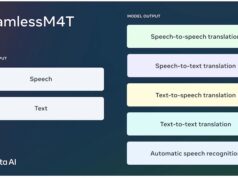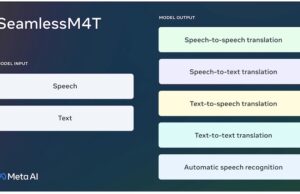SYDNEY – Australia’s government began an advertising campaign Monday for its third public share offering in Telstra as ministers played down their feud with the company’s top executives.
The sale, which is for government- owned shares worth 8 billion Australian dollars, or $5.97 billion, is to begin on Oct. 23. The campaign, costing 20 million dollars and opening with advertisements in newspapers across Australia, will intensify when the prospectus becomes publicly available on Oct. 9.
The ads say all Australians can invest in one of the country’s largest listed companies, pointing out that Telstra recently posted a full-year net profit of 3.18 billion dollars. But they do not mention that it was 26.2 percent down from the year-earlier income, 4.31 billion dollars.
The profit slump and a slide in Telstra’s share price last month prompted the government to cancel plans to fully privatize Telstra, instead opting to sell 8 billion dollars, or about a third of its remaining 51.8 percent stake.
The ad campaign comes as the government and the Telstra remain at stalled over Prime Minister John Howard’s plan to appoint an associate, Geoffrey Cousins, to the company’s board. The appointment is widely seen as a government attempt to rein in a high-profile campaign by Telstra to reduce regulatory controls over the company.
The company’s public opposition has deepened the tension between Telstra and its majority shareholder, with Howard last week criticizing the 8.7 million dollars that is paid as salary to the chief executive, Solomon Trujillo.
The Australian finance minister, Nick Minchin, said Monday that he did not want the dispute to overshadow the sale.
«I would prefer that there was some clear air,» Minchin told public radio. «I would urge everybody involved to focus on this offering. It’s in everybody’s interests, Telstra’s and the government’s.»
Minchin said he was not concerned that Telstra’s chairman, Donald McGauchie, would include a letter in the prospectus warning about the problems the company faced from what he said was government interference. «The company,» Minchin said, «is required by law to include in the prospectus all possible risks to the company going forward.»
Minchin confirmed that investors in the first two share sales would get a discount on the third because of concerns that shareholders who paid 7.40 dollars for the stock in the second, in 1999, would not be interested in buying shares now trading at about half that price.
Fuente: International Herald Tribune


















